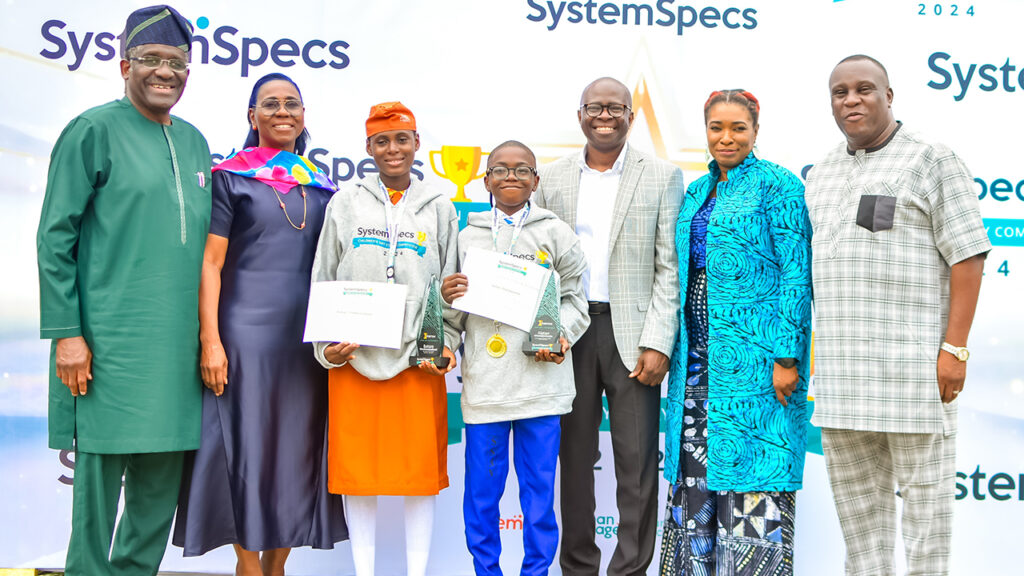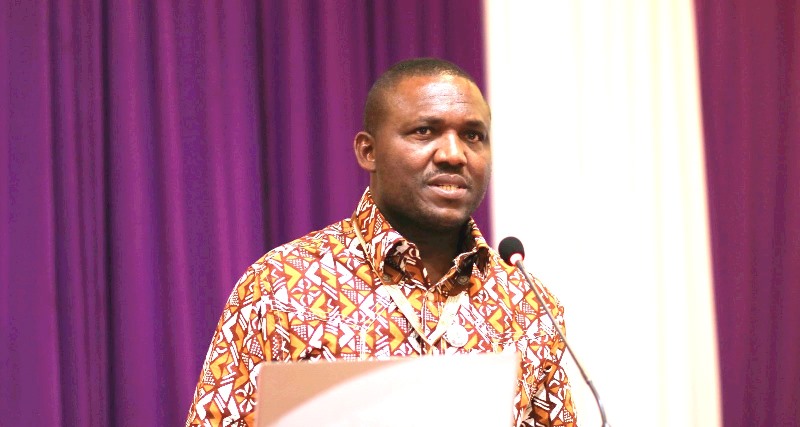
Adopting a business sustainability model as well as ensuring long-term viability and success, stakeholders said is crucial for generational wealth transfer in Nigeria.
They said that by adopting such models, Nigerian businesses can create a legacy, generate generational wealth and contribute to the country’s economic growth and development.
Immediate past President of the Chartered Institute of Bankers of Nigeria (CIBN), Dr Ken Opara hinted at this in his presidential valedictory address, where he spoke on ‘Business Sustainability Model: An Imperative for Generational Wealth Transfer in Nigeria’.
He raised issues like why companies or businesses in Nigeria hardly witness effective second or third-generation wealth transfers.
Giving a critical analysis of the country’s economy over the years, Opara said demands a paradigm shift from individual-centred development to strong institutional growth.
Noting that leadership has a tremendous role in the management and protection of wealth, he said Nigeria possesses the human and material resources as well as the caliber of people to drive the economy to a befitting destination.
He highlighted some key aspects of a business sustainability model which he said include environmental, social and economic sustainability, as well as governance and leadership; innovation and adaptation; risk management; succession planning and stakeholder engagement.
He said organisations need competent leadership, a respectable talent pool, resources, organisational behaviour and a culture that addresses sustainability issues.
Making recommendations, he said there is a need for transformational leadership, such that businesses should be seen as legacies to be preserved by involving the next generations in the business, allowing for flexibility, and formalise good corporate governance structures among the business, the family and other stakeholders.
According to him, there is a need to enhance inter-generational trust and family governance through the need for openness and tracking Key Performance Indicators (KPIs) tied to sustainability.
Giving his stewardship through his two-year tenure, Opara said the stimulating thoughts from the fact-finding formed the agenda upon which his administration operated with the acronym FUTURE.
He said F stands for financial innovation and transformation; D in dealing with industry uncertainties; T for trade and finance collaboration; U in unveiling pathways for membership growth; R for re-engineering and re-branding the industry’s business model around Generation (Gen) Z and E for ethical conduct and governance.
Noting that the two years had been a remarkable journey, characterised by disruptions and volatility in the economy, he said the collective efforts have not only elevated the CIBN but have also left an indelible mark in the banking industry landscape.
He added that from the digital transformation projects to strategic interventions in dealing with uncertainties, engaging and attracting the younger generation, the human capital development projects among others have elevated the institute.
In his tenure, he added that the institute also crossed the N1 billion mark by achieving N1.4 billion in Net Operating Surplus in 2023 and achieved operational efficiency through the digitisation of processes and operations.













